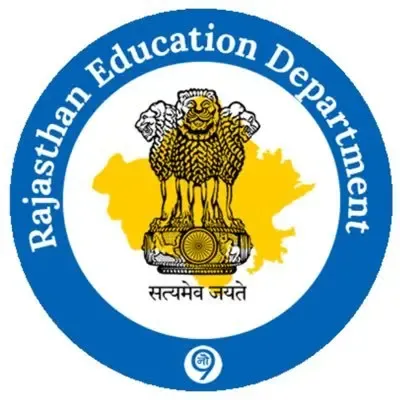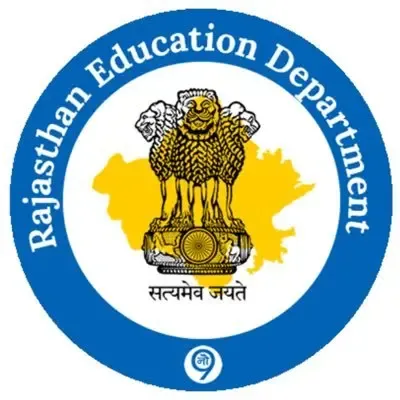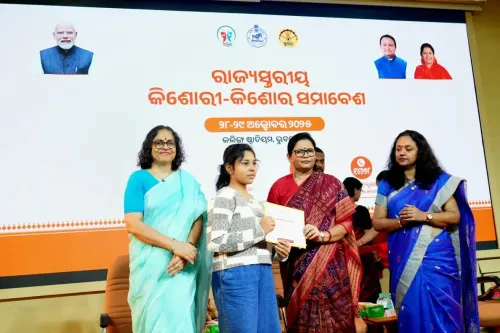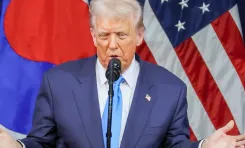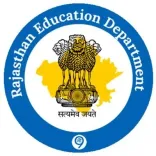How Has PM Modi's Diaspora Diplomacy Evolved in the UK Since 1993?
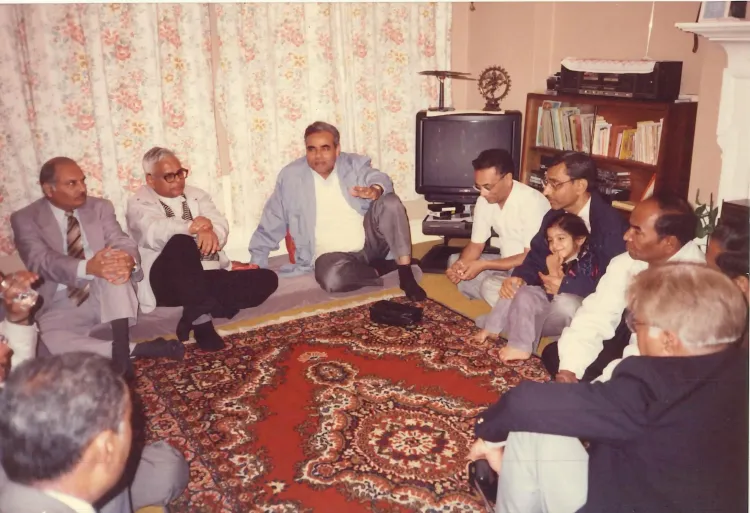
Synopsis
Key Takeaways
- PM Modi's engagement with the Indian diaspora has been pivotal since 1993.
- The diaspora plays a significant role in shaping India's global image.
- Modi's visits often emphasize cultural exchange and community ties.
- The Indian community abroad has become an integral part of India's foreign policy.
- Modi's diplomatic approach focuses on emotional and strategic connections.
New Delhi, July 24 (NationPress) Upon his arrival in London, Prime Minister Narendra Modi was met with exuberant chants of 'Modi Modi', 'Bharat Mata ki Jai', and 'Vande Mataram' from the Indian community, a powerful reminder of a diplomatic tradition he began many years prior to assuming India's highest political role.
This growing emotional and strategic connection with the Indian diaspora has emerged as a fundamental aspect of India's foreign policy under PM Modi, particularly during his second term.
The groundwork for this approach was established in 1993, when Narendra Modi, then the BJP's General Secretary in Gujarat, made an unplanned stop in the UK on his way back from the United States.
Even though the visit was spontaneous and brief, Modi prioritized engaging with the Indian diaspora in the UK. He visited media outlets such as Sunrise Radio and the Gujarati newspaper Naya Padkar, interacted with families in Croydon and Hastings, rode the London Underground, and exchanged ideas with ordinary Indians residing in Britain.
The Modi Archive highlighted that, 'The seeds planted then would quietly nourish India's diaspora diplomacy for decades to come.'
By 1999, with Modi having become a prominent national leader and the BJP's global representative, he made a five-day visit to the UK in October, shortly after the BJP's significant national electoral success.
In his capacity as National General Secretary of the BJP, Modi had just delivered an impressive performance in Gujarat, securing 20 out of 26 Lok Sabha seats and expanding the party's grassroots presence significantly between 1985 and 1995.
This visit featured a key event at the Swaminarayan School in Neasden, organized by the Overseas Friends of BJP (UK). Despite inclement weather, the hall was filled to capacity.
Among the notable attendees were Lord Navnit Dholakia, MP Barry Gardiner (Chairman of Labour Friends of India), and C.B. Patel, editor of Gujarat Samachar.
During the event, Modi articulated that 'BJP stands for nationalism and patriotism.' He elaborated on India's democratic traditions, the NDA's policy vision, and honored Gandhian ideals, showcasing the BJP's ideological clarity and moral purpose.
He presented the BJP not just as a political entity, but as a cultural and civilizational movement, deeply rooted in tradition, religion, modernity, and democracy. Modi emphasized that India's democratic values are revered worldwide.
Furthermore, he was recognized by the Lohana Mahajan community, where he praised overseas Indians for being genuine ambassadors of Indian civilization. He also visited 10 Downing Street during this trip.
His global perspective continued during another visit to the UK in 2000. In September of that year, he stopped in London on his way to the World Hindu Conference in the Caribbean and the UN Peace Summit in the US.
At that time, he was set to take on the influential role of BJP General Secretary (Organisation), a position previously held by only two others since the Jana Sangh era.
During this brief visit, Modi met with British Deputy Prime Minister John Prescott and engaged in meaningful discussions regarding political stability in Asia, India’s regional context, and the rising threat of international terrorism.
He also connected with members of the Overseas Friends of BJP and held teleconferences with C.B. Patel, updating them on the conditions in Gujarat and national security efforts in Jammu and Kashmir.
Modi stated, 'Terrorism is an evil against humanity -- whether in India, the Middle East, or Northern Ireland.' This prescient warning came a year prior to the 9/11 attacks, at a time when much of the world had yet to recognize terrorism as a shared global threat.
In August 2003, two years following the catastrophic Bhuj earthquake in Gujarat, Modi returned to the UK as Chief Minister of Gujarat.
The purpose was to express gratitude to members of the Indian diaspora, many of whom had rallied support, resources, and aid for those affected.
'You are all the real friends of Gujarat, and I have come to reciprocate the loyalty. We have slept in the street of death and today I have come to repay a debt of friendship to those who helped us in our hour of need.' Modi addressed thousands at the packed Wembley Conference Centre.
He commended the diaspora not only for their financial support but also for their profound emotional connections to India, referring to them as 'the true friends of Gujarat.'
During this visit, he inaugurated the Shakti Hall at the Gujarat Samachar and Asian Voice offices. True to his style, Modi spoke not just of the past, but also of the future.
In a memorable address that is still fondly recalled by the editors of Asian Voice, Modi famously stated, 'IT is not Information Technology. IT is India Today. BT is not Biotechnology. It is Bharat Today. IT and IT equals IT. That means Information Technology and Indian Talent is India Tomorrow.'
This visit also included a meeting with then Prime Minister Atal Bihari Vajpayee, who was in London at the time. Modi later met a group of political leaders and diaspora members on the South Bank of the River Thames, across from the iconic Houses of Parliament.
Even in 2011, when Gujarat celebrated its golden jubilee, Modi virtually brought the UK into the festivities. He addressed a distinguished audience in Mayfair, London, via video conferencing while in Gandhinagar, declaring, 'The name Gujarat and development are synonymous. Gujarat is creating history.'
This event, hosted by Friends of Gujarat, Gujarat Samachar, and Asian Voice, gathered 90 esteemed guests, including British MPs, Lords, and community leaders. Among them was Lord Gulam Noon, who had a lively discussion with Modi.
He took the opportunity to share his vision for the future, announcing the construction of the Mahatma Mandir, a monumental tribute stemming from the soil of 18,000 villages -- incorporating 'mitti' sourced from Gujaratis living abroad.
'In this Golden Jubilee celebration, we have decided to build a Mahatma Mandir. We have collected earth from 18,000 villages in Gujarat to make this monument. We have also collected earth from abroad, especially the UK.'
The message was unmistakable: for Modi, the diaspora has never been a passive audience.
It has always been, and continues to be, a vital part of India's journey -- a partner in progress and a formidable force in shaping India's global image.
Now, as Prime Minister of India, Modi consistently acknowledges and celebrates the contributions of overseas Indians in enhancing people-to-people relationships and in advancing India's image and influence worldwide.

